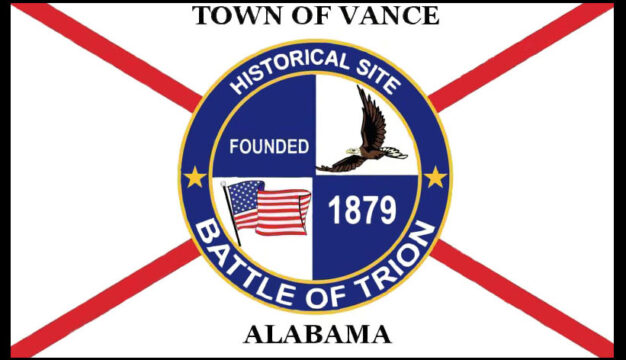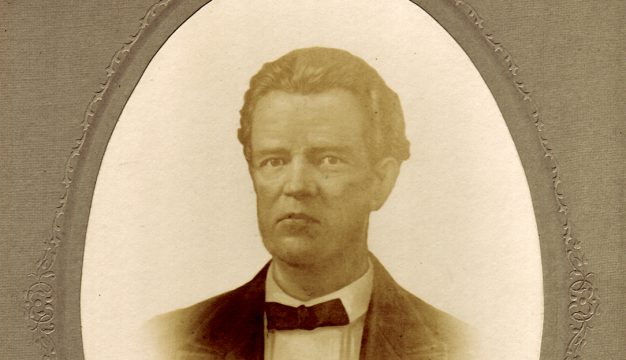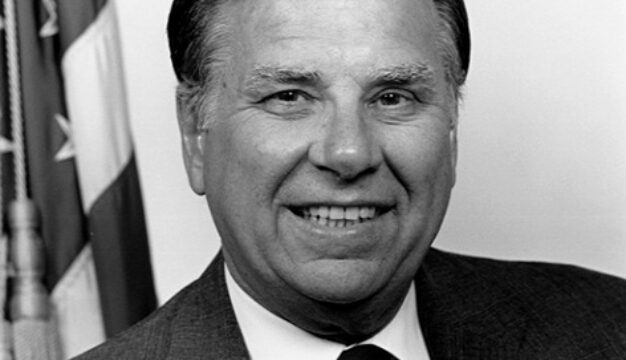Archibald Hill Carmichael
 Archibald Hill Carmichael
Archibald Hill Carmichael (1864-1947) was elected to the U.S. Congress in 1933 to represent Alabama's Eight Congressional District, filling the seat left open by the death of Edward Berton Almon. He was re-elected to a full term in 1935. Prior to his congressional tenure, Carmichael served in the Alabama Senate and House of Representatives, where he was Speaker of the House. He was also a judge and a delegate to the 1901 Constitutional Convention.
Archibald Hill Carmichael
Archibald Hill Carmichael (1864-1947) was elected to the U.S. Congress in 1933 to represent Alabama's Eight Congressional District, filling the seat left open by the death of Edward Berton Almon. He was re-elected to a full term in 1935. Prior to his congressional tenure, Carmichael served in the Alabama Senate and House of Representatives, where he was Speaker of the House. He was also a judge and a delegate to the 1901 Constitutional Convention.
Carmichael was born near the town of Sylvan Grove, Dale County, on June 17, 1864, to Jesse Malcolm Carmichael and Amanda Smith. This was the first of three marriages for Archibald's father and produced four children. He also had a half-brother from the second marriage; three other half-siblings died young. His father, from Macon County, Georgia, was a veteran of the Civil War and lost an arm at the 1862 Battle of Antietam as part of the Fifteenth Alabama Infantry Regiment. He practiced law and served as a circuit and probate judge and in the Alabama House and Senate. Archibald's mother was from Columbus, Georgia. Carmichael was educated in the public schools of Dale County, and then attended the University of Alabama in Tuscaloosa, Tuscaloosa County, where he studied law and was inducted into the Phi Beta Kappa academic honor society. Graduating in 1886 with both bachelor of arts and bachelor of laws degree, he was admitted to the Alabama State Bar and began practicing law in Tuscumbia, Colbert County. In 1890, he married Annie Sugg, with whom he had five sons.
Carmichael soon became active in local politics and would serve Alabama in many official capacities throughout his life, as a judge, state senator, state auditor, and a member of the board of convict inspectors. He was solicitor of the Eighth Judicial District of Alabama from 1890 to 1894 and a delegate to the state Constitutional Convention in 1901, which notably disenfranchised almost all African American men and many poor white men as well. He was a representative of the Democratic Party and would remain a Democrat throughout his career. He next moved into politics at the state level, winning election to the Alabama House of Representatives, serving from 1907-11 and 1915-19 and Speaker of the House in 1907 and 1911. During a July 1919 joint session of the legislature debating ratification of the Nineteenth Amendment, Carmichael spoke on behalf of the Women's Anti-Ratification League of Alabama. The legislature rejected the proposed amendment that September. He acted as a Delegate-at-Large to the Democratic National Convention in 1916, 1928, and 1932, which nominated Woodrow Wilson, Al Smith, and Franklin D. Roosevelt, respectively. In 1919, Carmichael was elected to a two-year term in the Alabama Senate and began his long-running role as a member of the State Board of Education, on which he served until his death in 1947. He also served on the Tuscumbia Board of Education, beginning in 1920, and was named a trustee for the University of Alabama in 1924. He remained active in both positions until his death.
After the unexpected death in office of Edward B. Almon in June 1933, Carmichael was elected to fill his seat representing the Eighth Congressional District in the Seventy-third Congress. The district encompassed the northernmost counties bordering Tennessee (Lauderdale, Limestone, Madison, and Jackson) as well as Colbert, Lawrence, and Morgan Counties. After completing the short remaining period of Almon's term, Carmichael was elected to a full congressional term in the Seventy-fourth Congress and served from November 14, 1933, until January 3, 1937. While in office, he participated in the important vote for enacting the Social Security Act into law. He did not seek reelection and was not nominated to run again by the Democratic Party of Alabama. Carmichael was succeeded by John Sparkman, who would become one of Alabama's most distinguished politicians.
Carmichael returned to Tuscumbia and resumed practicing law. He remained active in the other political and civic activities, such as serving as the chairman of his county committee. He was a steward for the Methodist Episcopal Church in Tuscumbia for many years and a member of several fraternal organizations, including the Masons, the Knight of Pythias, and the Knights of Maccabees. He died in Tuscumbia on July 15, 1947, and was buried at the city's Oakwood Cemetery.



